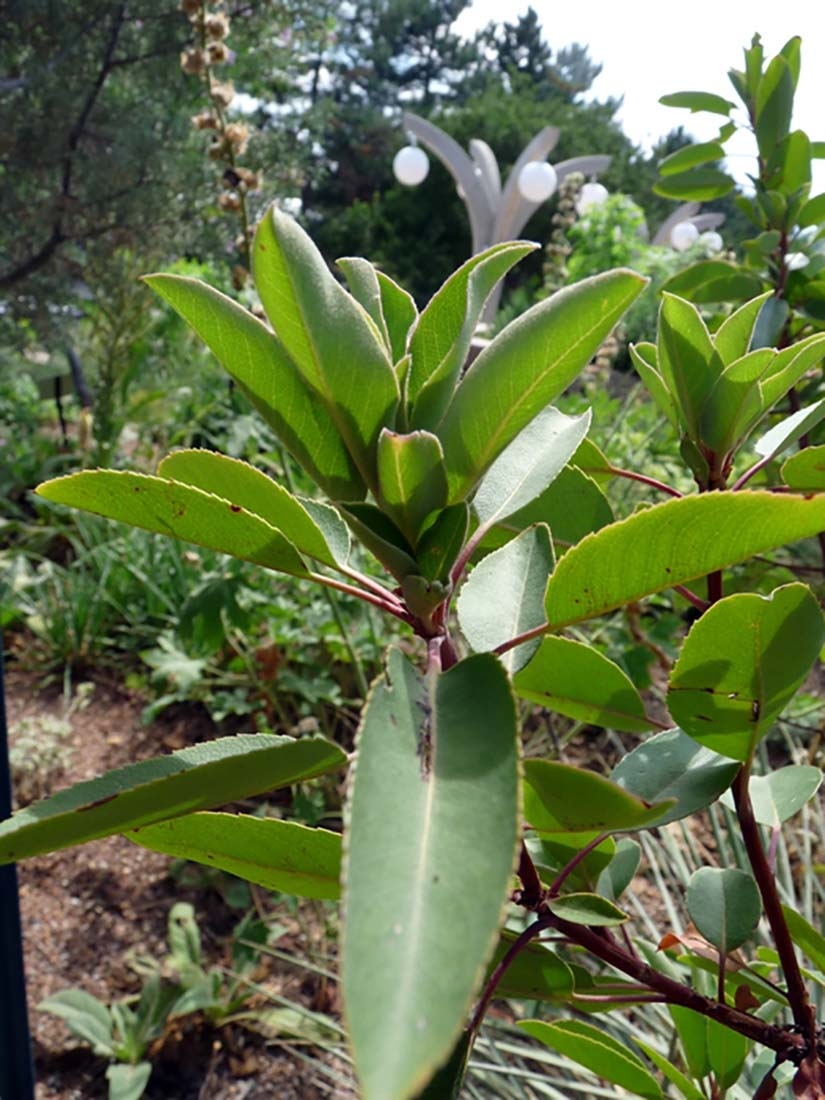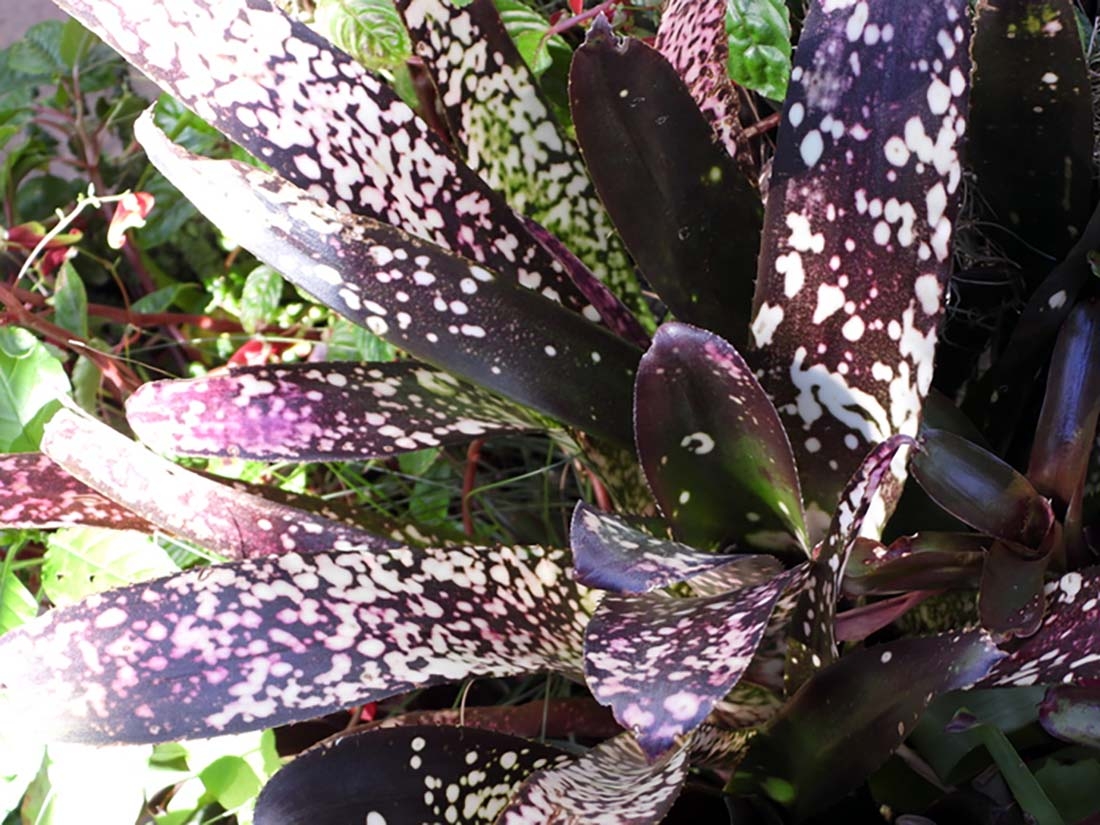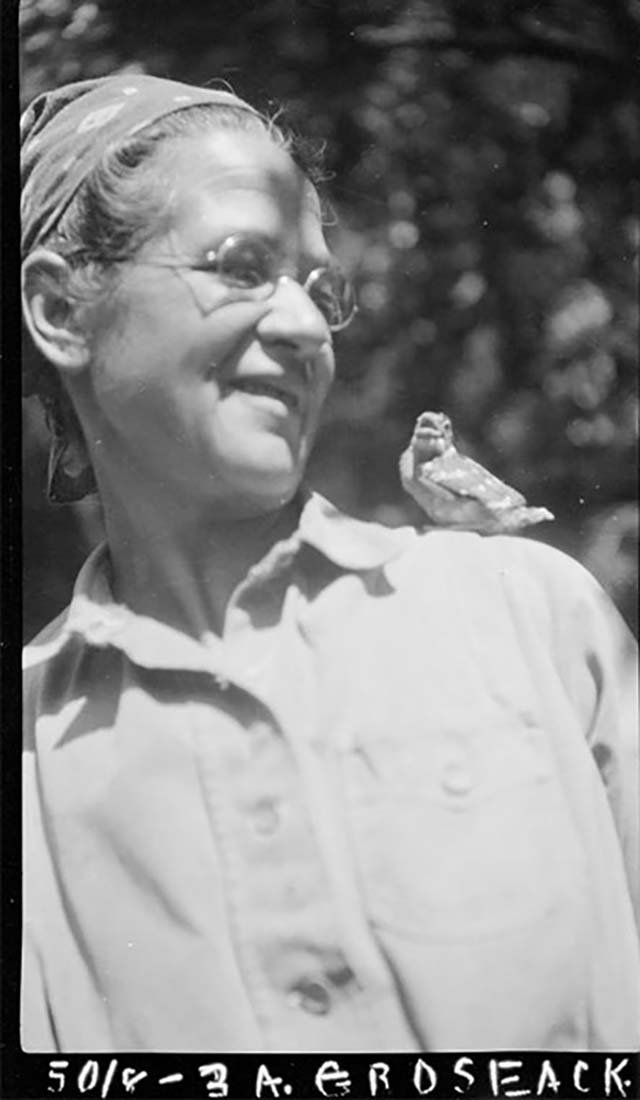Hispanic Heritage Month: Pioneers of Change
Hispanic Heritage Month is an opportunity to recognize and celebrate the contributions made by Hispanic Americans to our country’s art, science, culture and history. This year’s theme is Pioneers of Change: Shaping the Future Together. With this theme in mind, we highlight Ynés Mexía, a Hispanic American who helped shape the fields of botany and horticulture, and we honor her trailblazing spirit and the paths she helped forged for those who have followed.
Born in Washington, D.C. in 1870, Ynés Mexía was a Mexican American botanist who entered the field later in life at the age of 51. Leaving her previous life in the San Francisco Bay Area, Mexía traveled to Mexico, South America and Alaska, often exploring alone or with Indigenous guides.
A prolific botanist, Mexía collected over 150,000 specimens throughout her career, many of which are still used in research today. Her travels led to her discovering a new genus (Mexianthus mexicanus) and over 500 new species. Some of the species collected by Mexía can be found here at Denver Botanic Gardens, including:
- Arbutus xalapensis (Texas madrone) can be found at Dryland Mesa and the Roads Water-Smart Garden.
- Macfadyena unguis-cati (catclaw creeper) can be found in the Boettcher Memorial Tropical Conservatory.
- Bilbergia (vase plant) can be found in the Boettcher Memorial Tropical Conservatory.
Gardens Navigator can help you to locate and learn more about these plants.
A dedicated activist, Mexía was an early member of the Sierra Club, and worked to preserve the redwoods in northern California. In addition to her scientific work, Mexía was an eloquent naturalist, whose beautiful descriptions of her journeys make the reader feel as if they were there alongside her. One of her journeys is described in a 1933 Sierra Club Bulletin:
Beautiful as is the forest seen from the river, it is repelling to enter. The canopy is so dense it cuts off all sunlight, prohibiting undergrowth. There are no trails; it is dark and dank, with crowding tree-trunks, tangling lianas rotting logs everywhere, and oozy, treacherous soil. No flowers are to be seen; such trees as are in bloom keep their color and fragrance for the forest roof where the real life of the forest displays itself.
Beyond her advocacy of nature, Mexía also promoted the rights of women and Indigenous people in both her personal life and work, arguing that women were equally capable of traveling the world, and that Indigenous knowledge of plants and the natural environment was indispensable.
Ynés Mexía continued exploring until her death from lung cancer in 1938, bringing back over 13,000 specimens from her final expedition. Defying the expectations of her time for what a person of her race, sex and age was capable of, Mexía made contributions to the fields of botany and naturalism that are still relevant to this day.
This article was contributed by On Call Librarian Sean Grimes.
Gallery



Add new comment